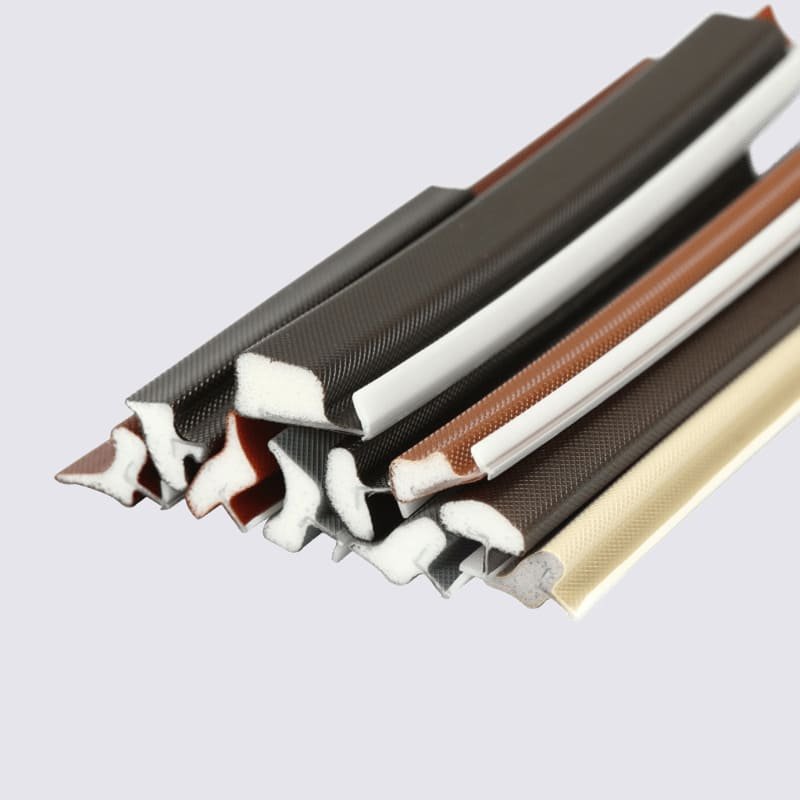Silicone seal strips are tiny but mighty pieces of rubber or plastic filled with silicone. This simple solution provides effective sealing, cushioning and baffling for a wide range of applications. Here are just some of the many uses for striscia di tenuta in silicone products:
Closing Gaps and Sealing Out Dust
The soft, flexible nature of silicone seal strips makes them ideal for filling gaps and sealing out dust, moisture and air. They can be used to seal gaps between windows, porte, vents and other openings. Their removable adhesive backing allows for easy application and repositioning.
Reducing Noise
Silicone seal strips are effective sound absorbers, making them useful for reducing unwanted noise. They can be installed around doors, finestre, vents and other openings to decrease noise transfer between rooms or to the outside. The soft silicone composition helps dampen vibrations that cause noise.
Providing Buffer And Protection
Silicone seal strip provides a durable yet soft buffer to protect surfaces from rubbing, scraping and impact damage. They can be installed between hinges, locks and other moving parts to reduce metal-on-metal contact and cushion movement. Their cushioning properties also help protect surfaces from dings and dents.
Installing Appliances By Silicone Seal Strip
Many appliances like refrigerators, freezers, washing machines and dishwashers come with pre-attached silicone seal strip. These continuous seals help ensure a tight fit when the appliance is placed against surrounding cabinets and flooring. They help block air and moisture and reduce noise and vibration transfer.
Weatherproofing And Insulating
Silicone seal strips can improve the weather resistance and insulation efficiency of windows, doors and roofs. Installed around the perimeter, they fill tiny gaps that allow air and heat transfer. This helps block cold drafts in winter and hot air in summer, keeping indoor environments more comfortable.
Securing Panels And Assemblies
Silicone seal strips can function as non-permanent adhesives by securing panels, assemblies and other components in place. Their removable adhesive backing allows for repositioning if needed. Yet once pressed into place, they provide a firm enough grip for many non-critical applications.
There Are A Few Factors To Consider When Selecting Silicone Seal Strips:
- Width – Choose from widths between 5mm to over 50mm depending on the size of gap you need to fill. Wider strips provide more cushioning and sealing.
- Spessore – Select strips between 1mm and 5mm thick. Thicker strips offer greater compression load capacity and longevity.
- Durometro – The durometer measures hardness on a scale of 00-100 with 00 being softest. Most silicone seal strips have durometers between 20-60 for the right balance of softness and rigidity.
- Adhesive – Select removable, permanent or non-adhesive seal strips depending on your needs. Removable adhesive allows for repositioning while permanent adhesive bonds more securely.
- Colore – Choose from black, white or clear seal strips to best match your application. Custom colors are also available for some strips.




